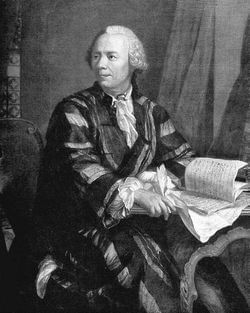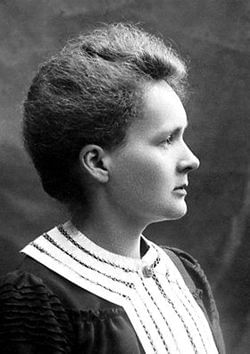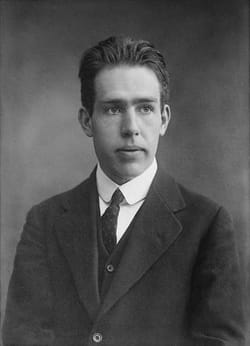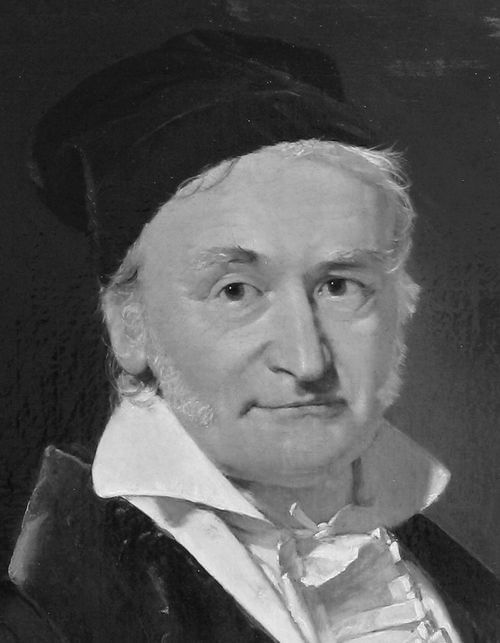
Photo Attribution: Gottlieb Biermann, Public domain, via Wikimedia Commons
Carl Friedrich Gauss
This example has been viewed 746x times
Summary
Rodden Rating
Analysis for Carl Friedrich Gauss
Biography
Johann Carl Friedrich Gauss (German: Gauß [kaʁl ˈfʁiːdʁɪç ˈɡaʊs] ⓘ;[2][3] Latin: Carolus Fridericus Gauss; 30 April 1777 – 23 February 1855) was a German mathematician, geodesist, and physicist who made significant contributions to many fields in mathematics and science. Gauss ranks among history's most influential mathematicians.[4] He has been referred to as the "Prince of Mathematicians".[5][6]
Gauss was a child prodigy in mathematics. While still a student at the University of Göttingen, he propounded several mathematical theorems. Gauss completed his masterpieces Disquisitiones Arithmeticae and Theoria motus corporum coelestium as a private scholar. Later he was director of the Göttingen Observatory and professor at the university for nearly half a century, from 1807 until his death in 1855.
Gauss published the second and third complete proofs of the fundamental theorem of algebra, made contributions to number theory and developed the theories of binary and ternary quadratic forms. He is credited with inventing the fast Fourier transform algorithm and was instrumental in the discovery of the dwarf planet Ceres.[7] His work on the motion of planetoids disturbed by large planets led to the introduction of the Gaussian gravitational constant and the method of least squares, which he discovered before Adrien-Marie Legendre published on the method,[8][9][10][11] and which is still used in all sciences to minimize measurement error. He also anticipated non-Euclidean geometry, and was the first to analyze it, even coining the term.[12][13][14] He is considered one of its discoverers alongside Nikolai Lobachevsky and János Bolyai.[15]
Gauss invented the heliotrope in 1821,[16] a magnetometer in 1833 and, alongside Wilhelm Eduard Weber, invented the first electromagnetic telegraph in 1833.[17]
Gauss was a careful author. He refused to publish incomplete work. Although he published extensively during his life, he left behind several works to be published posthumously.
Although Gauss was known to dislike teaching, some of his students became influential mathematicians. He believed that the act of learning, not possession of knowledge, provided the greatest enjoyment.
Source: https://en.wikipedia.org/wiki/Carl_Friedrich_Gauss
Raw Data
Horoscope Data
Comments
Natal Data
1777-04-30 Unknown Time LMT
52° 16′ 7.9″ N 10° 31′ 36.4″ E
Braunschweig, Germany












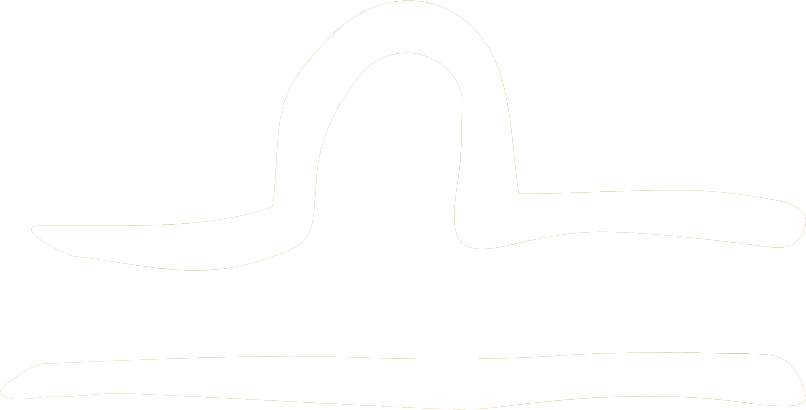



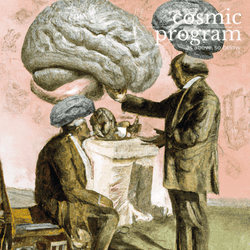

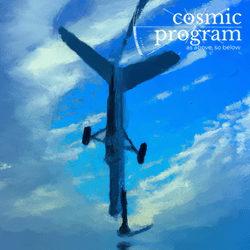






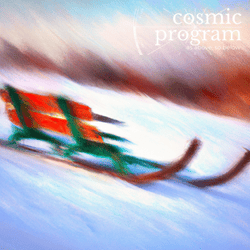



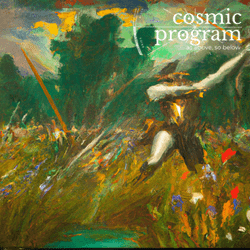
















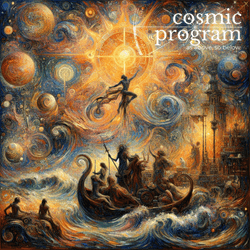

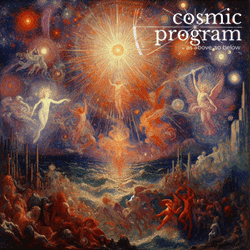
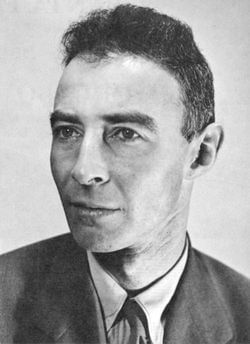
.jpg?bossToken=4eebde943f77412d165b5ad905eafefdc54d473eed2f502dbd6aa9a39f95bead)
